Hello and welcome back to week 11 of Keystone’s weekly wellness blog!
I hope you are well rested since last week’s post – it means you have all the energy to focus on today’s topic: digital citizenship!
Living in the 21st century means, for a lot of us, that we’re living our lives online almost or just as much as we’re living it in person. Going out to eat? Get an instagram picture of the food first! Going out with friends? Make sure you tag all of them in your post! Just got inconvenienced at work or school? Well, be sure to let your private Snapchat story know all about it!!!!
Technology and the use of social media has provided us with many benefits: apps like TikTok, Instagram, WhatsApp, Twitch and Discord have helped many teens (and adults) to maintain friendships, create new relationships with people around the world, share experiences and support our peers. Not only that, but our social media identity is a massive outlet for personal expression. Easier than ever before, we can explore who we are and take action on things that matter to us.
But, all that being said, it is necessary in this age of living, with how much the internet has been woven into our lives, to learn how to become a responsible, ethical digital citizen to keep yourself and others safe online! Let’s do a digital dive into this topic, shall we?
Defining Digital Citizenship
Digital citizenship isn’t just a set of rules to follow, it’s a fundamental skill that we must develop so that we can engage responsibly, ethically, and respectfully online. It is an understanding that every action we make on the internet has an impact, from the things we share or post, to the way we interact with others. As I’m sure you’ve been warned by others already, the internet comes with many benefits, but just as many if not more risks: invasions of privacy, cyberbullying, identity theft, inappropriate content and mental health risks, just to name a few. As technology quickly develops and changes, the intricacies of digital citizenship will change too, but the underlying message remains the same. Essentially, it’s all about being a good digital neighbour, considering the consequences of our digital actions, practicing empathy in online interactions, and recognizing that our virtual footprint is a reflection of our character.
The 4 Main Components
There are what seems like endless aspects on what it means to be responsible and ethical online, but to get us started, I’ve divided it up into four main components: respect, reputation, safety and critical thinking.
Let me explain each…
Respect
We may all be familiar with the golden rule: treat others the way you want to be treated. That rule is still applied to how we interact with others online. The anonymity of online accounts is a blessing and a curse, and it is often abused by hiding behind an anonymous profile when engaging in disrespectful or mean interactions on social media. We have to remember that there is a real person behind the screen, follower count and popularity aside, people online are still people in real life. Words have an impact!
Here are some things to remember with this component:
- Treat others with empathy and respect.
- Reach out to someone you trust to report cyberbullying.
- Take a moment to ground yourself before doing anything when you’re angry or upset.
- Report hate and harassment.
- When getting into conflict online, wait to talk it out in person.
- Remove or block people who do not treat you with the respect you deserve.
Reputation
A wise person once said “nothing gets deleted from the internet,” and they’re right! Although some people treat their social media pages as an online diary, it is critical that we’re aware of the consequences of the photos and videos we post or repost. Once something is posted online, even when deleted by the original poster, it is very difficult to completely wipe it from the internet. Information that we leave a trail of online is called a “digital footprint” – it’s the collection of all the things you do and share online, such as social media posts, comments, pictures, and the websites you visit. Just like footprints in the sand show where you’ve been, your digital footprint reflects your online activities. A positive digital footprint can boost your reputation, helping you build a good online image. On the flip side, a negative digital footprint, like inappropriate posts or comments, can have real life consequences. It might affect your relationships, work or school opportunities, and overall how people perceive you. Being mindful of your digital footprint means thinking before you post and being aware that your online actions can have a lasting impact on your life. A good way to check is by googling your name! See what comes up.
Things to remember:
- Remember your online pages are people’s first impressions of you! Create a positive image of yourself and your values.
- What you post online is visible to everyone. Even on a private account, be mindful that it could be shared to others.
- Think before you post: “Who may see this?” and “What are the potential consequences?”
- Your online image will affect professional opportunities, as employers often search up the names of potential candidates.
Safety (Privacy)
Your safety and privacy online is the most important component of digital citizenship. Exercise the utmost caution when sharing personal information, make your passwords strong and secure (try not to use the same ones for multiple sites or accounts), and navigate your privacy settings thoughtfully. So often we thoughtlessly accept terms and conditions that we know nothing about. Now, I’m not asking you to spend an hour reading through them, but there are helpful websites available that summarize it for you such as tosdr.org. Be knowledgeable about phishing scams and malware that you may get from unsecured websites. Let’s also not forget to take a breather from our screens. Balancing our online and offline life is key to keeping our wellbeing in check.
Some things to keep in mind:
- Use tools, settings and preferences to manage your privacy.
- Be sure you know what you’re agreeing to when accepting terms and conditions.
- Keep your passwords private.
- Do not share personal information online (address, phone number, bank info, personal matters).
- Be careful when using public wifi without a VPN.
- Respect OTHER people’s privacy. Make sure if a post includes another person they have agreed before you post it.
- Be aware of what phishing scams look and sound like.
- Only use legal, secure websites to avoid hacks or malware.
Critical Thinking
Critical thinking is your go-to tool for making sense of the sometimes overwhelming digital world. When you’re scrolling through social media or checking out websites, critical thinking kicks in. Ask yourself: Where is this information coming from? Can I trust the source? Look beyond the flashy headlines or clickbait, and consider the credibility of what you’re looking at. Not everything online is black and white; there’s a wide variety of opinions, perspectives, and plenty of shades of gray in between. If the source seems sketchy or unfamiliar, cross-reference with other credible sources. The spread of misinformation and disinformation on the internet is a constantly growing problem, especially with the integration of AI in online spaces. Always take information you find with a grain of salt before anything is confirmed to be credible!
Please keep in mind:
- Don’t share things right away without fact-checking. Do share information that you know is true.
- Actively seek out diverse perspectives on a topic.
- Question sensational or “click-bait-y” headlines.
- Be mindful of your emotional response to posts and headlines and take it into consideration as a reason for posting or resharing.
- Use a plethora of fact checking tools and websites if you’re feeling unsure.
- Learn what credible vs. non credible resources are.
So, remember every click, post, comment and like leaves a mark. Uphold values of respect, empathy, and responsibility in your online interactions. Be vigilant against misinformation, secure your privacy, and contribute positively to the digital community. As a digital citizen, you’re not just a user; you’re a co-creator of the online space, so stay vigilant, stay informed and stay safe! Happy browsing!
“Every time you post something online, you have a choice. You can either make it something that adds to the happiness levels in the world—or you can make it something that takes away…”







